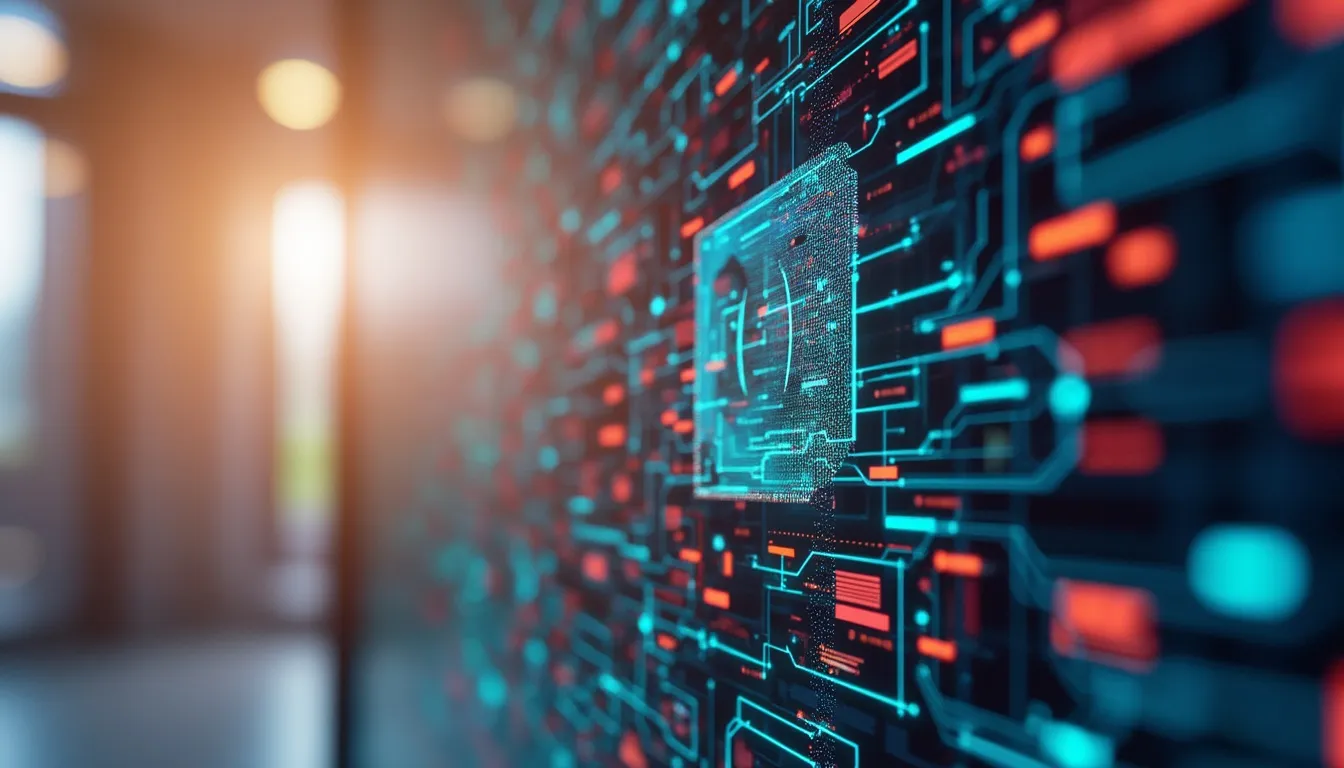The use of artificial intelligence in medical diagnostics is rapidly expanding, with tools like ChatGPT making significant strides. However, while the integration of AI shows promise, recent studies highlight both its potential and its limitations. Below, we dive into important findings and ongoing legal developments surrounding AI in healthcare.
Exploring ChatGPT’s Role in Medical Diagnostics
A pivotal study by UVA Health assessed the effectiveness of ChatGPT Plus against traditional diagnostic methods, such as medical reference sites and general web searches like Google. The results were intriguing, as they revealed that ChatGPT Plus alone achieved a median diagnostic accuracy of over 92%. This high accuracy rate suggests that while the AI has immense potential, it requires better integration and training for healthcare professionals to harness its full capabilities.
Despite ChatGPT’s impressive standalone performance, the study indicated a need for formalized training programs for physicians. These programs are essential to ensure that medical professionals can effectively integrate AI tools into their diagnostic processes, thereby enhancing both efficiency and accuracy. Adding an AI like ChatGPT into the physician’s toolkit promises efficiency gains, with doctors reaching diagnoses more quickly. Yet interestingly, the combination of AI and human input slightly decreased diagnostic accuracy, prompting further investigation into optimizing AI-human collaboration.
Notwithstanding these advancements, there are concerns about how ChatGPT fares in real-life diagnostic situations. The complexity of patient care often involves intricate clinical reasoning, testing, and treatment pathways that the AI must navigate. Hence, while ChatGPT Plus provided accurate results in controlled settings using clinical vignettes, its application in real-world medical scenarios warrants careful examination and continued development.
The Broader Picture of AI in Healthcare
Broadly, studies on AI in medical diagnostics present varied outcomes. A separate investigation by Mass General Brigham found a lower overall accuracy of ChatGPT at 71.7%, with better results in final diagnoses compared to differential ones. These mixed results underline the necessity for ongoing research to understand and improve AI’s application in healthcare, especially given issues such as hallucinations and the AI’s struggle to interpret complex test results as comprehensively as human doctors.
The current landscape further encompasses legal developments, such as the copyright infringement lawsuit faced by OpenAI for allegedly using protected song lyrics without permission. This legal battle underscores wider ethical and regulatory complexities associated with AI, including ensuring that generative AI tools like ChatGPT are used responsibly and transparently, particularly in sensitive fields like medicine.
In conclusion, ChatGPT’s participation in medical diagnostics highlights both its potential to transform healthcare and the developmental challenges it faces. By addressing the intricacies of real-world application, training needs for doctors, and ensuring ethical use, we can better navigate the intersection of AI and medicine, ultimately striving for systems that enhance doctor-patient outcomes safely and effectively.




